It’s never too early—or too late—to save your brain against age-related decline. Your 50s might be the perfect time to begin implementing habits that can protect your brain for decades. Research consistently shows that lifestyle choices can significantly impact cognitive health, so here are 15 evidence-based strategies to start today.
1. Embrace Lifelong Learning: Save Your Brain to Never Stops Growing
Think your brain is too old to learn new tricks? Think again. Research reveals that neurons continue to form in the hippocampus—the part of the brain where memories are processed—well into your 90s. This neurogenesis means that your brain can still grow and adapt, no matter your age. Brain research scientists emphasize the importance of brain health as a lifelong investment. Engaging in brain-healthy behaviors increases your brain’s resilience against aging and disease.
2. Tame Stress: Your Reaction Matters

Stress is inevitable, but how you react can significantly impact your brain health. A study in Psychosomatic Medicine found that individuals who respond to stress with negativity experience worse mental focus and cognitive health. Learning to manage stress effectively is key to preserving cognitive function. Techniques such as mindfulness, deep breathing, and exercise can help you maintain a positive outlook and protect your brain from the damaging effects of stress.
3. Start Moving: Exercise is Brain Food

Physical activity is a cornerstone of brain health. Research published in JAMA Network Open found that people who walk 10,000 steps daily in midlife have brains about 2.2 years younger than their sedentary peers. Exercise reduces inflammation and stimulates the release of chemicals that promote the growth of brain cells and blood vessels. It also boosts well-being, reduces stress, and improves sleep—which is crucial for a healthy brain. Regular exercise can be a game-changer for your cognitive longevity, whether it’s brisk walking, cycling, or swimming.
4. Control Blood Pressure: Protect Your Brain’s Lifeline
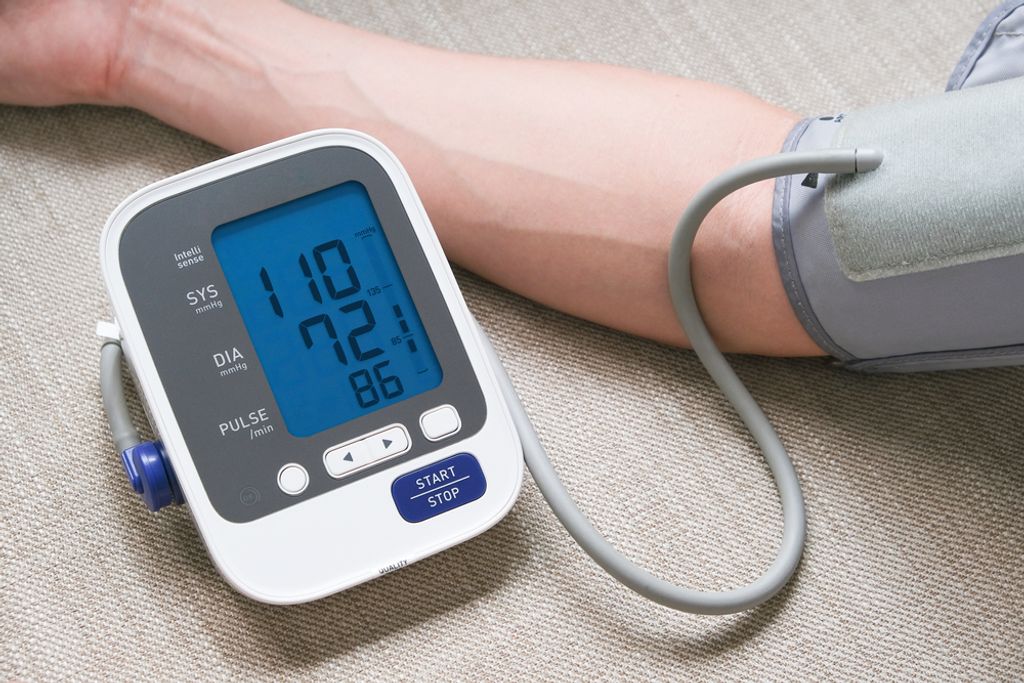
High blood pressure is not just a cardiovascular concern; it also poses a significant risk to brain health. According to the National Institute on Aging, hypertension in your 40s, 50s, and 60s increases the likelihood of cognitive decline later in life. Keeping your blood pressure in check with a healthy diet, regular exercise, and, if necessary, medication is crucial for maintaining brain health.
5. Load Up on Leafy Greens: Nutrients That Protect
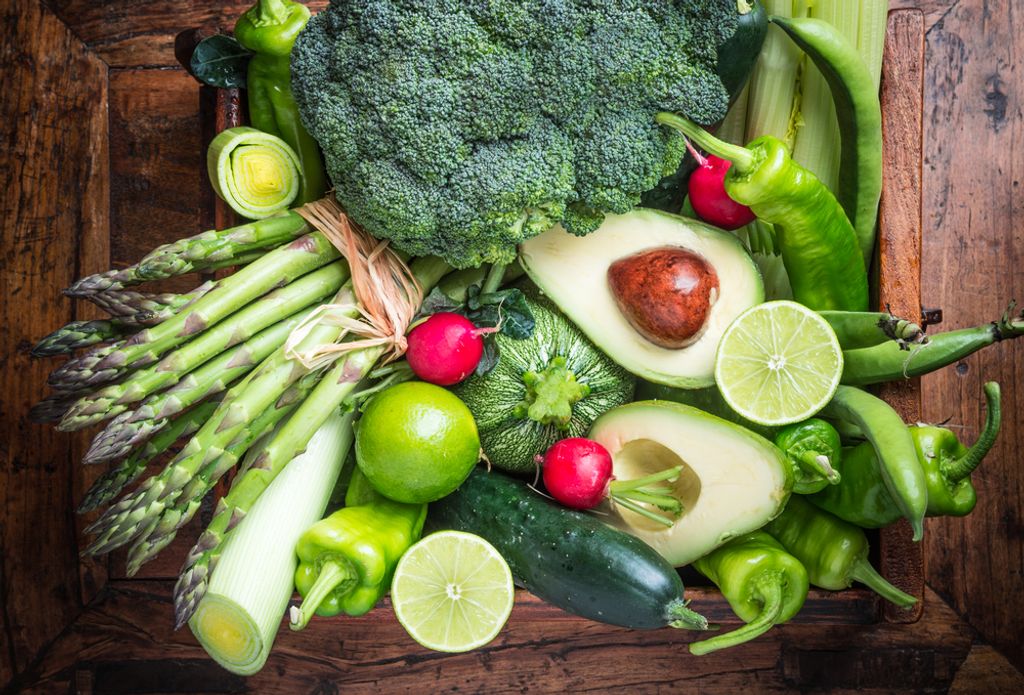
A diet rich in leafy greens is linked to slower cognitive decline. According to a study in Neurology, people who consume one serving of leafy greens daily are cognitively 11 years younger than those who rarely eat them. Lutein, a pigment found in greens like kale and spinach, plays a significant role in this brain-boosting effect. Lutein accumulates in the brain over a lifetime, helping to preserve gray matter in regions critical for memory.
6. Challenge Your Mind: Daily Puzzles Keep You Sharp

Engaging in brain games like Sudoku or crosswords can help maintain cognitive sharpness. Multiple reports in the International Journal of Geriatric Psychiatry found that people who regularly play these games have problem-solving skills and short-term memory comparable to those eight years younger. Word puzzles can keep your mind sharp, with problem-solving abilities like those a decade younger.
7. Prioritize Sleep: It’s When Your Brain Cleans House

Quality sleep is essential for cognitive function. Deep, restorative sleep produces growth hormones crucial for preserving healthy brain processes like memory and alertness. Science explains that our brains are programmed to clear out waste, including beta-amyloid, during sleep. Accumulation of beta-amyloid is a key component of Alzheimer’s plaques, so prioritizing good sleep is critical for long-term brain health.
8. Sip Smart: Wine in Moderation May Benefit Your Brain

According to a study in Scientific Reports, moderate wine consumption may have neuroprotective effects. Moderate drinking can help reduce brain inflammation and improve the brain’s ability to remove toxins. However, excessive drinking has the opposite effect, increasing inflammation and potentially harming the brain. One 5-ounce glass of wine a day may offer benefits, but more than that could be detrimental.
9. Avoid Processed Foods: Protect Your Brain from Inflammation

Processed foods can wreak havoc on your brain. These foods activate glial cells, immune-like cells in the brain, leading to low-grade inflammation contributing to Alzheimer’s disease. A study in the Journal of Nutrition, Health & Aging found that diets high in processed foods are linked to decreased brain tissue and a higher risk of dementia. Even if you’ve indulged in processed foods for years, small changes to your diet can make a big difference.
10. Keep Friendships Strong: Social Connections are Brain Connections

Social connections are vital for brain health. As per scientific research, maintaining emotional support helps activate brain circuits that produce brain-derived neurotrophic factor (BDNF), a molecule crucial for brain cell repair and new connections. A shrinking social circle can reduce BDNF levels, increasing the risk of cognitive decline. Make an effort to nurture your relationships—they’re more important than you think.
11. Become a Berry Fan: Antioxidants for Brain Health
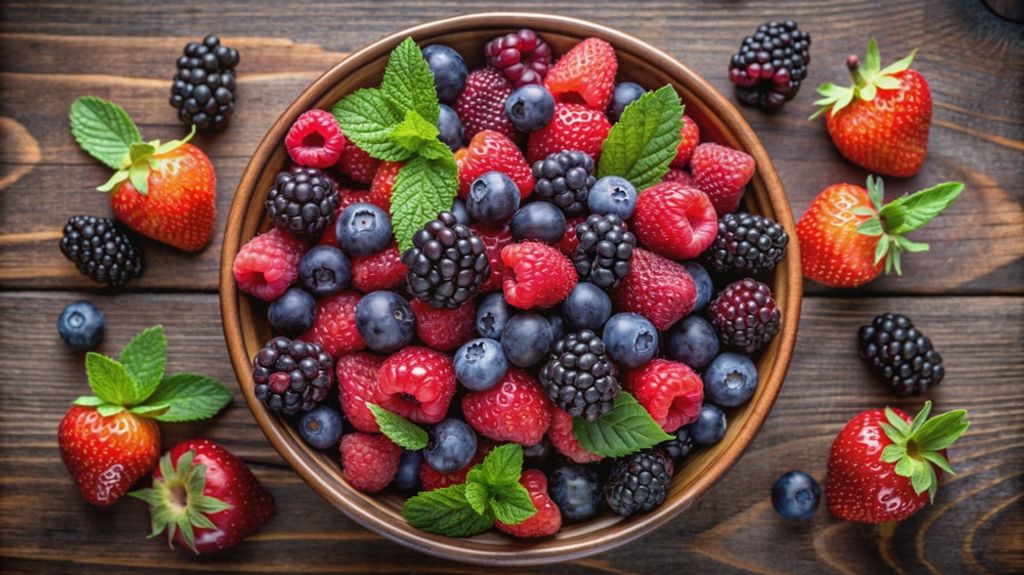
Berries are a powerhouse of antioxidants, which help combat oxidative stress—a major contributor to cognitive decline. Oxidative stress depletes the brain-protective omega-3 fatty acid DHA, but consuming berries can help preserve it. According to research, eating two or more servings of blueberries or strawberries weekly can delay memory decline by up to two and a half years. It’s a simple and delicious way to support your brain.
12. Learn to Meditate: Mindfulness for a Younger Brain

Meditation has profound effects on the brain. A study published in NeuroImage found that 50-year-old meditators’ brains are, on average, 7.5 years younger than those of non-meditators. The mental energy required for meditation stimulates neurogenesis and the formation of new synapses, keeping the brain young. The more years you meditate, the younger your brain may be. It’s never too late to start this brain-boosting practice.
13. Add More Fish to the Menu: Omega-3s for Cognitive Health

Fish, especially those rich in omega-3 fatty acids like DHA, are crucial for brain health. DHA is essential for maintaining cognitive function, but since the body cannot produce it, it must be obtained through diet. Fish like salmon, herring, mackerel, and sardines are excellent sources of DHA. Research shows that eating just one serving of fish a week can improve thinking skills, even in individuals at high risk of Alzheimer’s disease.
14. Ward Off Type 2 Diabetes: Protect Your Brain by Controlling Blood Sugar
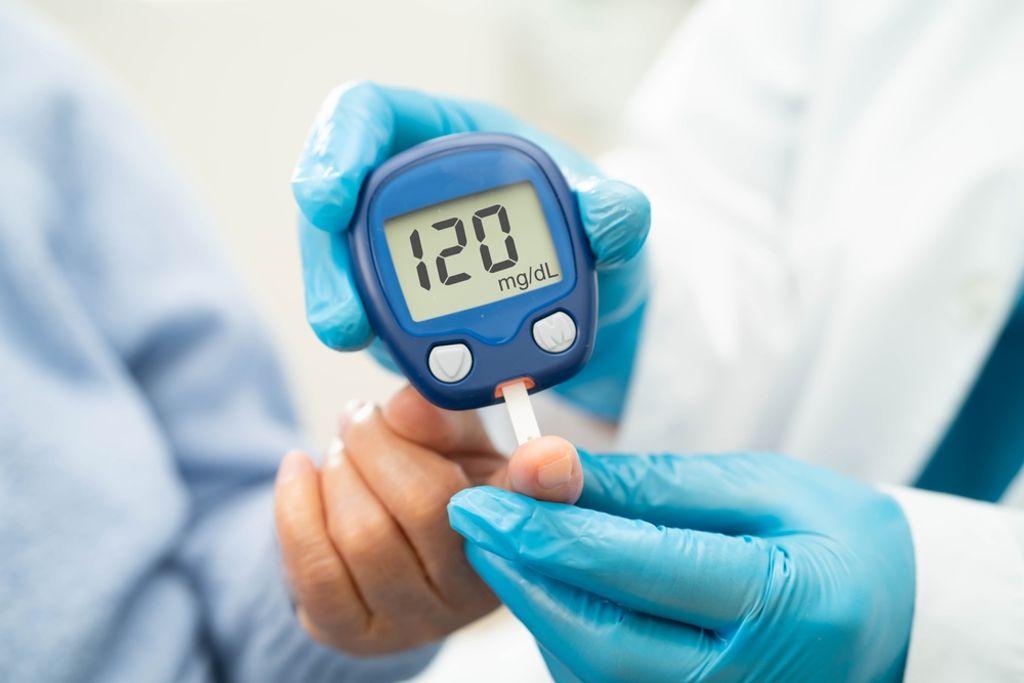
Type 2 diabetes is associated with poorer long-term memory and problem-solving abilities. However, controlling diabetes through diet, exercise, and medication can help mitigate these cognitive risks. A study in Diabetologia found that people with prediabetes and diabetes who manage their blood sugar effectively tend to have better cognitive outcomes.
15. Eat Walnuts: A Superfood for the Brain
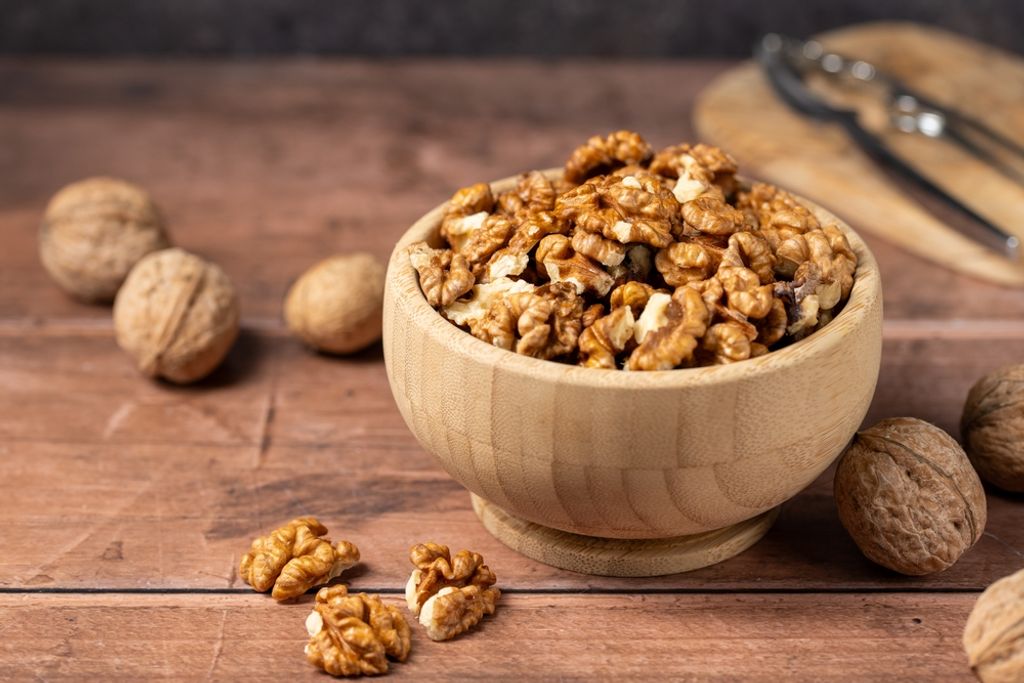
Walnuts are particularly beneficial for brain health due to their high content of alpha-linolenic acid (ALA), a plant-based omega-3 fat. Some ALA is converted into DHA, the most abundant fat in the brain, which is essential for cognitive function. A study in The Journal of Nutrition linked regular walnut consumption to quicker thinking, mental flexibility, and better memory. If walnuts aren’t your favorite, other nuts like almonds, hazelnuts, and peanuts can also provide cognitive benefits.
Conclusion: Start Today for a Healthier Brain Tomorrow
Protecting your brain from age-related decline isn’t about making drastic changes; it’s about incorporating small, sustainable habits that accumulate over time. Starting in your 50s gives your brain the best chance to stay sharp, resilient, and vibrant well into your 80s and beyond. Whether it’s through diet, exercise, mental challenges, or social connections, the steps you take today can profoundly impact your cognitive health in the years to come. Remember, it’s never too early—or too late—to start safeguarding your brain.
Disclaimer: The content provided on this platform is intended for informational purposes only and does not replace professional medical advice, diagnosis, or treatment. Some materials may originate from third-party sources, and the views expressed are solely those of the respective authors or entities, not Docquity. Docquity does not warrant the accuracy, reliability, or completeness of the content and disclaims any responsibility for it. Users are advised to independently verify all information before acting upon it.
Reference
15 Things to Start Doing at 50 That’ll Save Your Brain at 80 [Internet]. Accessed on August 12, 2024. Available at: https://www.thehealthy.com/aging/mind-memory/protect-your-brain/?_cmp=TheHealthy&utm_source=email&utm_medium=newsletter&utm_campaign=&utm_audience=&_mid=713778&ehid=3e9977ff056b1d75570a0ad70f982eba410afe28&_PermHash=a29351ca626bf0525d160fe4f1ae27f2b22841b63270b24475c05b7c70ee7f75&tohMagStatus=NONE
About Docquity
If you need more confidence and insights to boost careers in healthcare, expanding the network to other healthcare professionals to practice peer-to-peer learning might be the answer. One way to do it is by joining a social platform for healthcare professionals, such as Docquity.
Docquity is an AI-based state-of-the-art private & secure continual learning network of verified doctors, bringing you real-time knowledge from thousands of doctors worldwide. Today, Docquity has over 400,000 doctors spread across six countries in Asia.
Meet experts and trusted peers across Asia where you can safely discuss clinical cases, get up-to-date insights from webinars and research journals, and earn CME/CPD credits through certified courses from Docquity Academy. All with the ease of a mobile app available on Android & iOS platforms!







